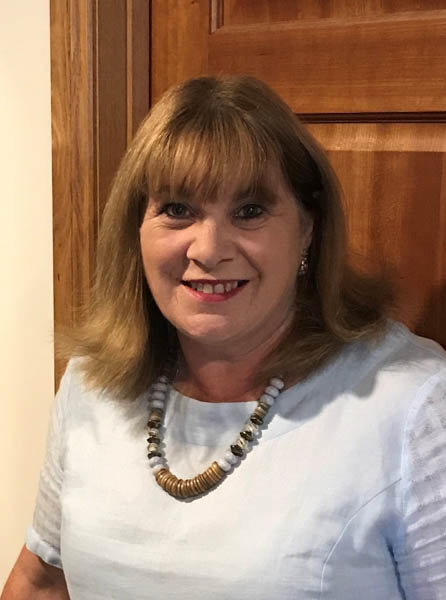Leaders for the Government in the Legislative Council

Hon Tania Rattray MLC
Leader for the Government since 2025
Background and history
Although the role of Leader for the Government in the Tasmanian Legislative Council (upper House) is not clearly defined, it is essentially one of managing government business in the Chamber. Perhaps the Leader's most significant responsibility is steering legislation through the Legislative Council.
The Leader is appointed by the Premier of the day. The Leader and deputy represent the Ministers who sit in the House of Assembly (lower House), and their portfolios. Departmental staff and ministerial advisers are generally present in the Legislative Council Chamber to assist the Leader or deputy during the consideration of legislation.
The Leader's rooms are situated near the Chamber. Support staff consist of a senior private secretary, parliamentary adviser, electorate officer and electorate and secretarial assistants.
The Tasmanian Legislative Council has historically been a House of independent members and, though recently there has been an increase in the number of party Members elected - particularly from the Australian Labor Party - independent members continue to predominate. The Leader has generally not been a member of a political party though, like other Members of the Council, they may have had party involvement prior to election to the Council. However since the mid 1990s the position has been held by Members of the party in government.
The Leader does not generally hold a ministerial portfolio. An exception occurred during the 1980s when a Leader was also Attorney-General. The Leader has access to Cabinet meetings but does not have a vote.
Phyllis J. Benjamin MLC was the first female Leader for the Government in the Legislative Council following her appointment in 1968.
Role
A 1955 Committee reviewing parliamentary salaries commented that the Leader for the Government in the Legislative Council had duties 'more exacting than the Premier … who has the assistance of all his Ministers'. Another review in 1960 agreed that the role was an exacting one. It was said that the duties of Leader 'can be performed successfully only by a man possessed of knowledge, legislative experience, fairness and skill in negotiation'. The Leader's functions include, but are not confined to:
- Delivering second reading speeches and having general carriage of debate, much as a Minister in the lower House would do;
- Channelling Members' questions on notice to Ministers and delivering answers that have been provided by ministerial staff;
- Determining sitting schedules, subject to any vote by the Council;
- Arranging meetings, particularly briefings, on behalf of Members with Ministers, advisers, lobby groups;
- Facilitating official visits by Members to venues and sites as required;
- Providing relevant information on matters before the Council.
